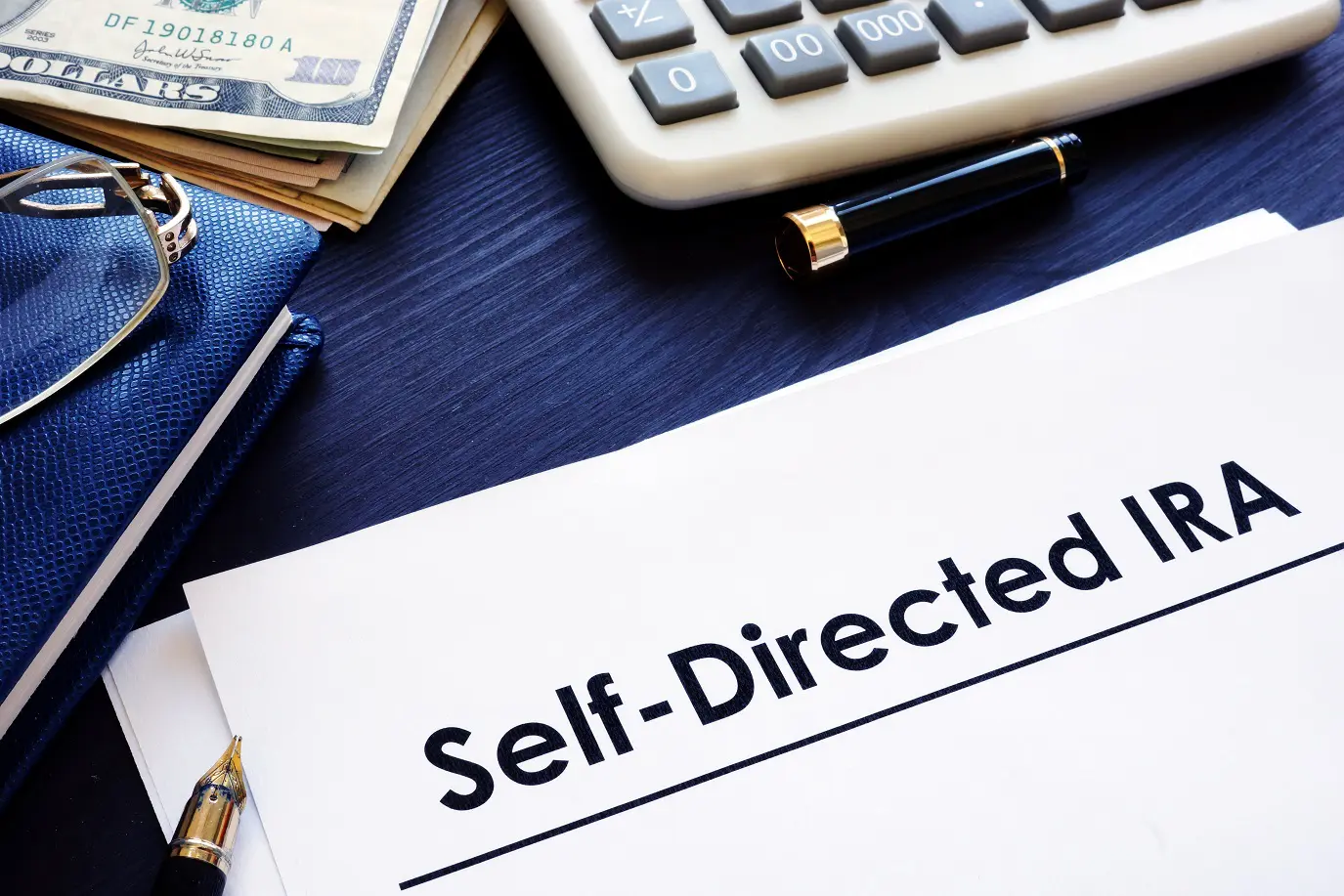Individual Retirement Accounts (IRAs) offer individuals a powerful tool for saving for retirement. Traditionally, IRAs have been associated with investing in stocks, bonds, and mutual funds. However, many people are unaware that they can take a more active role in managing their IRA investments through self-direction. As a result, you can build your retirement nest egg on assets not correlated to the Stock Market. In this article, we’ll explore what it means to self-direct an IRA and how you can take control of your retirement savings.
Understanding Self-Directed IRAs
A self-directed IRA is a retirement account that allows you to have greater control over your investment choices compared to traditional IRAs. With a self-directed IRA, you can invest in a broader range of assets beyond the typical stocks, bonds, and mutual funds. These assets may include real estate, precious metals, private equity, promissory notes, and more.
The Benefits of Self-Directed IRAs
1. Diversification: Self-directed IRAs enable you to diversify your retirement portfolio beyond traditional asset classes, potentially reducing overall risk.
2. Alternative Investments: You gain access to alternative investments that may offer unique opportunities for growth and income, such as real estate or private equity.
3. Control and Flexibility: Self-directed IRAs put you in the driver’s seat, allowing you to make investment decisions based on your knowledge, expertise, and investment goals.
Responsibilities of Self-Directing an IRA
While self-directed IRAs offer numerous advantages, they also come with added responsibilities and considerations:
1.*Due Diligence: As a self-directed IRA owner, it’s crucial to conduct thorough research and due diligence before making any investment decisions. Understand the risks and potential returns associated with each investment opportunity.
2. Compliance: Self-directed IRAs must comply with IRS regulations governing retirement accounts. It’s essential to understand and adhere to the rules regarding contributions, distributions, prohibited transactions, and disqualified persons.
3. Documentation and Record-Keeping**: Maintain detailed records of all transactions and investments made within your self-directed IRA. This documentation is essential for tax reporting and compliance purposes. Log into your account monthly to save your statement and keep this for your records.
Investment Opportunities in Self-Directed IRAs
Self-directed IRAs offer a wide range of investment opportunities, including:
1. Real Estate: Invest in residential or commercial properties, rental homes, raw land, or real estate investment trusts (REITs).
2. Precious Metals: Purchase gold, silver, platinum, or other precious metals as a hedge against inflation and economic uncertainty.
3. Private Equity and Startups: Participate in private equity investments, venture capital funds, or direct investments in startups and emerging companies.
4. Promissory Notes and Private Loans: Lend money through promissory notes secured by real estate or other assets, providing a steady stream of income through interest payments.
Conclusion
Self-directed IRAs empower individuals to take control of their retirement savings and explore alternative investment opportunities beyond traditional stocks and bonds. By understanding the responsibilities and opportunities associated with self-direction, you can make informed investment decisions that align with your long-term financial goals. uDirect IRA Services is not a financial advisory firm. We do not recommend or sell assets. Remember to seek guidance from financial and tax professionals to ensure compliance and maximize the benefits of your self-directed IRA.
Contact us to learn more and click HERE to start your own self-directed account.

